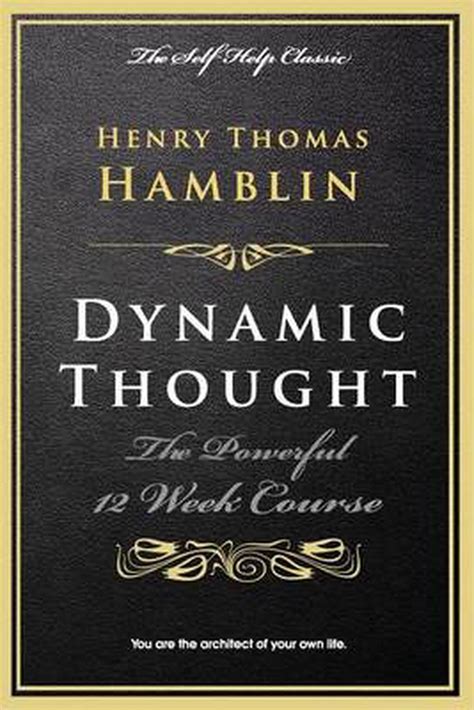A Quote by Immanuel Kant
The only objects of practical reason are therefore those of good and evil. For by the former is meant an object necessarily desired according to a principle of reason; by the latter one necessarily shunned, also according to a principle of reason.
Related Quotes
The claim is also sometimes made that science is as arbitrary or irrational as all other claims to knowledge, or that reason itself is an illusion. As Ethan Allen said Those who invalidate reason ought seriously to consider whether they argue against reason with or without reason; if with reason, then they establish the principle that they are labouring to dethrone. If they argue without reason, which they must do, in order to be consistent with themselves, they are out of reach of rational conviction, nor do they deserve a rational argument.
There's a stronger and more kind of controversial element of Plotinus' view of matter, which is that he actually identifies it with evil, or at least the principle of evil, and the reason for this is that he thinks that the the One, the highest principle, can also be thought of as the Good, and that's kind of surprising like, because he has this negative theology which doesn't allow us to say anything about the One. But he believes that it can be seen as the principle of goodness as well as unity, and that if you think about it, goodness and unity sort of go along with each other.
The only sovereign I can allow to rule me is reason. The first law of reason is this: what exists exists; what is is. From this irreducible, bedrock principle, all knowledge is built. This is the foundation from which life is embraced. Reason is a choice. Wishes and whims are not facts, nor are they a means to discovering them. Reason is our only way of grasping reality–it is our basic tool of survival. We are free to evade the effort of thinking, to reject reason, but we are not free to avoid the penalty of the abyss we refuse to see." -Richard
The difference between a man who is led by opinion or emotion and one who is led by reason. The former, whether he will or not, performs things of which he is entirely ignorant; the latter is subordinate to no one, and only does those things which he knows to be of primary importance in his life, and which on that account he desires the most; and therefore I call the former a slave, but the latter free.
The visible universe is subject to quantification, and is so by necessity. … Between you and me only reason will be the judge … since you proceed according to the rational method, so shall I. … I will also give reason and take it. … This generation has an innate vice. It can’t accept anything that has been discovered by a contemporary!
It is never to be expected in a revolution that every man is to change his opinion at the same moment. There never yet was any truth or any principle so irresistibly obvious that all men believed it at once. Time and reason must cooperate with each other to the final establishment of any principle; and therefore those who may happen to be first convinced have not a right to persecute others, on whom conviction operates more slowly. The moral principle of revolutions is to instruct, not to destroy.
It is not contrary to reason to prefer the destruction of the whole world to the scratching of my finger. It is not contrary to reason for me to choose my total ruin, to prevent the least uneasiness of an Indian, or person wholly unknown to me. It is as little contrary to reason to prefer even my own acknowledged lesser good to my greater, and have a more ardent affection for the former than the latter.
There is no reason why an extraphysical general principle is necessarily to be avoided, since such principles could conceivably serve as useful working hypotheses. For the history of scientific research is full of examples in which it was very fruitful indeed to assume that certain objects or elements might be real, long before any procedures were known which would permit them to be observed directly.
Nature in causing reason and the passions to be born at one and the same time apparently wished by the latter gift to distract man from the evil she had done him by the former, and by only permitting him to live for a few years after the loss of his passions seems to show her pity by early deliverance from a life that reduces him to reason as his sole resource.







































